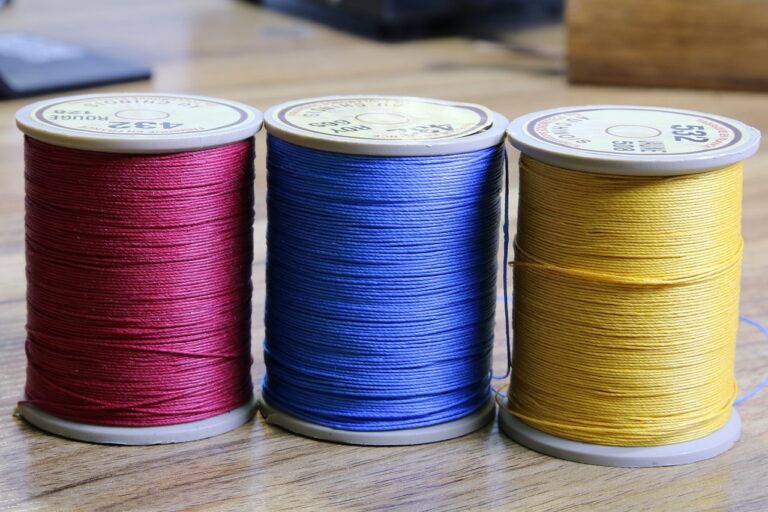Fashion and Ethical Fashion Retail: Supporting Ethical and Sustainable Fashion Brands
Ethical fashion retail is more than just a trend; it is a movement towards sustainability and responsibility in the fashion industry. By opting for ethically made clothing, consumers are supporting brands that prioritize fair labor practices, minimal environmental impact, and transparency in their supply chains. This shift towards ethical fashion not only empowers consumers to make socially conscious choices but also encourages brands to adopt more sustainable practices.
The importance of ethical fashion retail extends beyond the clothing itself. It encompasses the entire process of garment production, from sourcing materials to manufacturing to distribution. By choosing ethically made fashion items, consumers are actively contributing to the demand for change in an industry that has long been associated with exploitation and environmental harm. In essence, ethical fashion retail is a step towards a more sustainable and fair future for both the fashion industry and the planet.
The Impact of Fast Fashion on the Environment
The fast fashion industry has been widely criticized for its significant impact on the environment. The constant production of cheap, disposable clothing leads to massive water consumption, pollution, and waste. From the use of harmful chemicals in production to the carbon emissions associated with transportation and disposal, fast fashion contributes to various environmental issues that continue to worsen over time.
In addition to environmental concerns, the fast fashion industry also creates a culture of overconsumption and excessive waste. With the rise of fast fashion retailers offering cheap and trendy clothing at a rapid pace, consumers are encouraged to constantly purchase new items, leading to a cycle of buying, wearing a few times, and discarding. This cycle not only contributes to overflowing landfills but also perpetuates unsustainable consumption habits that are detrimental to the environment.
Supporting Fair Wages and Working Conditions in Fashion Industry
Ensuring fair wages and working conditions in the fashion industry is essential for the well-being of garment workers worldwide. Many workers in this industry are often subjected to long hours, unsafe working environments, and low pay. By supporting fair wages and better working conditions, we can help create a more equitable and sustainable industry where workers are treated with dignity and respect.
Advocating for fair wages is not only a matter of social justice but also impacts the quality and craftsmanship of the products we buy. When garment workers are paid fairly and work in safe conditions, they are more motivated and able to produce higher-quality clothing. By supporting brands that prioritize fair wages and working conditions, consumers can play a crucial role in promoting a more ethical and responsible fashion industry.
Why is ethical fashion retail important?
Ethical fashion retail is important because it promotes fair wages and working conditions for garment workers, reduces environmental impact, and ensures the well-being of communities involved in the production process.
What is fast fashion and how does it impact the environment?
Fast fashion refers to the quick turnover of trendy clothing at low prices. This model leads to overproduction, increased waste, and exploitation of natural resources, contributing to environmental degradation.
How can consumers support fair wages and working conditions in the fashion industry?
Consumers can support fair wages and working conditions by choosing to purchase from brands that prioritize ethical practices, advocating for transparency in supply chains, and being mindful of their consumption habits.
What are some ways fashion brands can improve working conditions for garment workers?
Fashion brands can improve working conditions for garment workers by ensuring fair wages, providing safe working environments, implementing ethical sourcing practices, and supporting initiatives that promote worker rights.
How can the fashion industry as a whole work towards more sustainable practices?
The fashion industry can work towards more sustainable practices by adopting eco-friendly materials, reducing waste through recycling and upcycling, minimizing carbon emissions in production processes, and promoting ethical labor practices throughout the supply chain.







